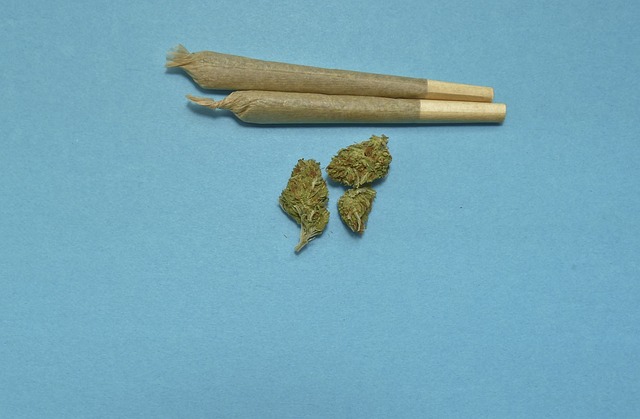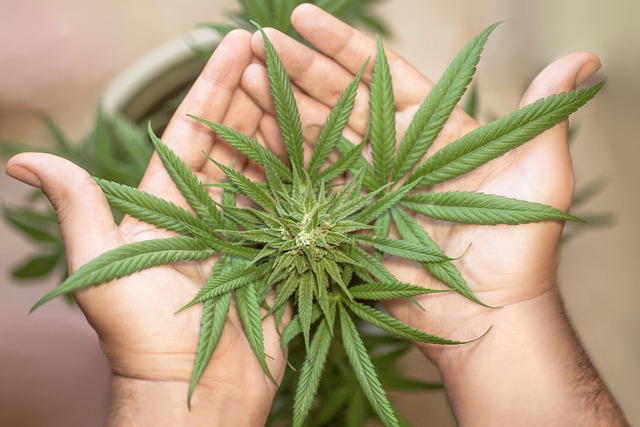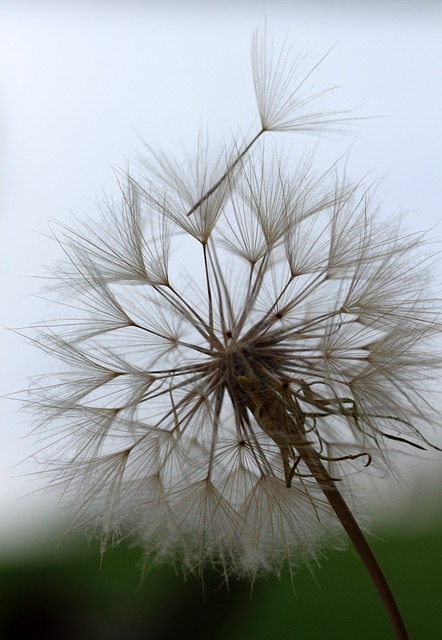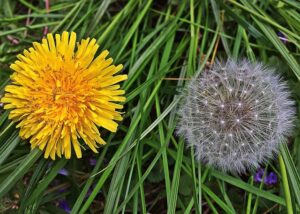
Δ9-tetrahydrocannabinolic acid (THCA), a non-psychoactive cannabinoid found in high concentrations in raw cannabis, is under scientific scrutiny for its potential health benefits, which include anti-inflammatory, neuroprotective, and analgesic properties. THCA flower, from which these compounds are derived, shows promise for managing inflammation-related conditions, pain, nausea, and neurological disorders without the psychoactive effects associated with its decarboxylated form, THC. The therapeutic effects of THCA flower can be experienced through smoking or vaporizing, with vaporizing preserving its benefits before they convert into THC. Users are advised to start with a low dosage and consult healthcare professionals due to individual sensitivity to cannabinoids. THCA flower is recognized for its calming impact, providing stress relief and promoting relaxation, making it an attractive natural remedy for those looking to incorporate cannabis into their wellness routines. Its diverse effects and benefits are reinforcing its significance in the field of natural health alternatives. Proper storage and cautious usage are key to maximizing its potential therapeutic role while ensuring safety and efficacy.
Discover the transformative potential of THCA (tetrahydrocannabinolic acid) flower, a natural compound gaining recognition for its multifaceted health benefits. This article delves into the therapeutic properties of THCA flower, elucidating how it interacts with the body’s endocannabinoid system. Explore its effects and applications, which may contribute positively to well-being. Learn the optimal ways to incorporate THCA flower into your routine, including proper usage and dosage, to maximize its advantages while ensuring safety. Join us as we unravel the science behind this promising plant derivative and its potential role in promoting health and wellness.
- Unveiling the Therapeutic Properties of THCA Flower: A Closer Look at Its Health Benefits
- The Potential Impact of THCA Flower on Well-being: Effects and Applications
- Maximizing the Advantages of THCA Flower: Usage, Dosage, and Safety Considerations
Unveiling the Therapeutic Properties of THCA Flower: A Closer Look at Its Health Benefits

delta-9-tetrahydrocannabinolic acid (THCA) is the non-psychoactive precursor to the well-known compound delta-9-tetrahydrocannabinol (THC), found abundantly in cannabis plants. THCA flower, which contains high levels of THCA, has garnered attention for its potential therapeutic properties. Studies suggest that THCA may offer a range of health benefits due to its interaction with the body’s endocannabinoid system, which plays a role in regulating various functions and maintaining homeostasis. For instance, THCA is believed to possess anti-inflammatory and neuroprotective effects, making it a subject of interest for those seeking natural remedies for inflammation-related conditions and neurological disorders. Additionally, preliminary research indicates that THCA may help alleviate pain and nausea, offering potential benefits for individuals undergoing chemotherapy or those suffering from chronic pain. The non-psychoactive nature of THCA allows users to harness its effects without the mind-altering experience associated with its decarboxylated form, THC. As such, THCA flower is a compelling topic for those interested in the health and wellness benefits of cannabinoids.
The Potential Impact of THCA Flower on Well-being: Effects and Applications

THCA, or tetrahydrocannabinolic acid, is a non-psychoactive cannabinoid found in the raw cannabis plant, which has garnered attention for its potential health and wellness benefits. As the precursor to THC, the psychoactive compound found in hemp and marijuana, THCA exists naturally in the flower of the cannabis plant and offers a distinct set of effects and benefits. Research suggests that THCA may possess anti-inflammatory, neuroprotective, and analgesic properties, which could contribute to its potential therapeutic applications. Preclinical studies indicate that THCA might alleviate symptoms associated with various conditions, such as inflammation, neuropathic pain, and certain neurological disorders. Its anti-inflammatory effects are particularly noteworthy, as they may benefit individuals experiencing chronic inflammation or autoimmune diseases. Moreover, the neuroprotective qualities of THCA could potentially aid in conditions like multiple sclerosis by reducing muscle spasticity and protecting nerve function. The applications of THCA flower extend beyond its potential health benefits; it is also used for its calming effects, which may help individuals manage stress and promote relaxation without the psychoactive ‘high’ associated with THC. As a result, the THCA flower effects and benefits continue to be explored for their impact on overall well-being. Users interested in the therapeutic properties of cannabis often turn to THCA flower as a natural alternative, highlighting its versatility and potential within the realm of holistic health practices.
Maximizing the Advantages of THCA Flower: Usage, Dosage, and Safety Considerations

THCA flower, or tetrahydrocannabinolic acid flower, is a raw form of cannabis that has garnered attention for its potential therapeutic effects and benefits. Unlike its decarboxylated counterpart, THC, THCA possesses a unique profile with distinct advantages. To maximize the benefits of THCA flower, it’s crucial to understand proper usage and dosage. Users often consume THCA flower through smoking or vaporizing, as heat can convert THCA into THC, altering its effects. The onset of effects from THCA flower is typically faster when inhaled, making it a preferred method for those seeking immediate relief.
When considering dosage, it’s important to start low and go slow. The ideal dosage can vary greatly among individuals, depending on factors like body weight, tolerance, and the specific condition being addressed. New users should begin with small amounts, observing how their body responds before increasing intake. Safety considerations are paramount; THCA flower, while non-psychoactive, can still interact with other medications or affect one’s state of mind. It’s advisable to consult with a healthcare professional before integrating THCA flower into your wellness routine, particularly if you have pre-existing health conditions or are taking other substances. Additionally, storing THCA flower in a cool, dry place away from children and pets is essential for safety and maintaining its potency. By adhering to these usage, dosage, and safety guidelines, users can fully harness the therapeutic effects and benefits of THCA flower.
THCA flower, a non-psychoactive compound found in the cannabis plant, has garnered attention for its promising therapeutic properties and potential impact on overall well-being. This article has explored the multifaceted benefits of THCA flower, from its anti-inflammatory effects to its neuroprotective potential. Users considering THCA flower for its effects and benefits should approach its use with careful dosage and safety considerations to maximize its advantages. As research continues to evolve, the implications of THCA flower in various health applications are becoming increasingly clear, highlighting its place as a valuable addition to holistic health regimens.







